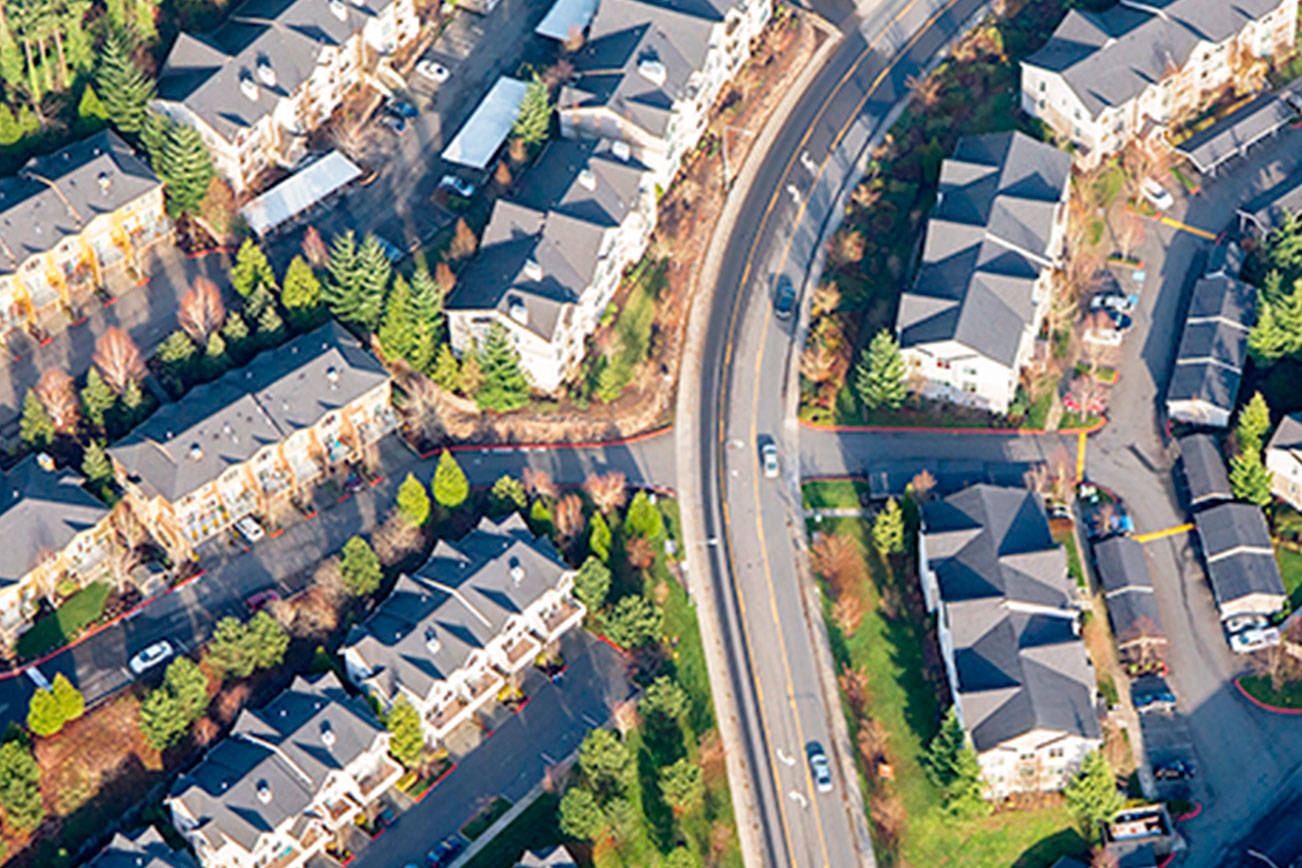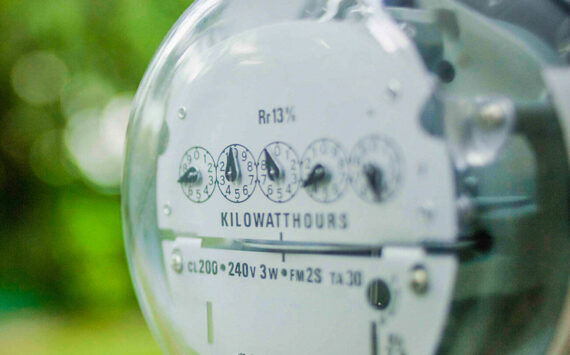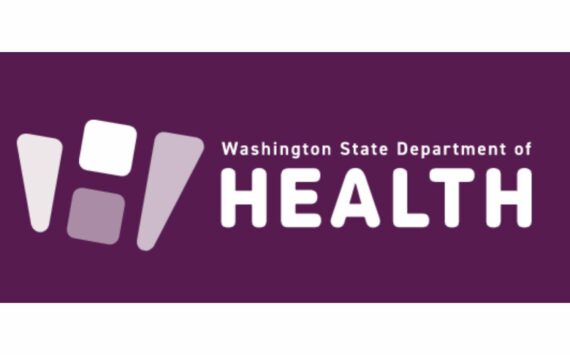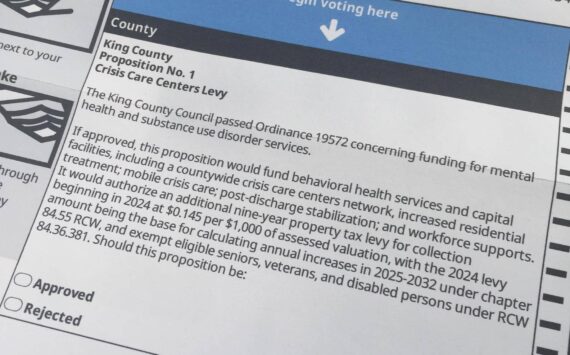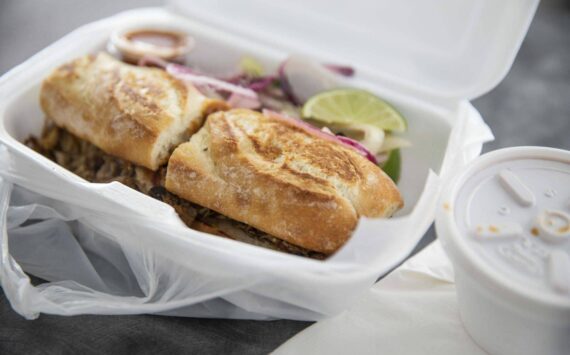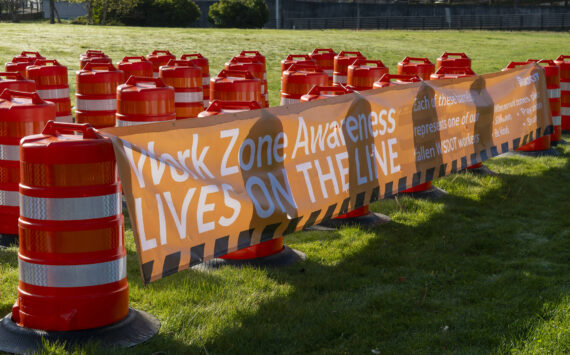A new Climate Action Toolkit created by King County and King County-Cities Climate Collaboration will provide local governments with practical guidance on how to reduce greenhouse gas emissions for both government operations and at the community-wide scale, spur the growth of an equitable clean energy economy, and preserve our natural environment.
If approved by the King County Council, the toolkit that King Executive Dow Constantine announced Sept. 30 will be available at no cost to all 39 cities in the county. It is designed to be a flexible guide for cities in all stages of climate planning to help them develop customized climate strategies.
“The Climate Action Toolkit will help mobilize cities throughout King County, uniting our efforts to rapidly cut greenhouse gas emissions and prepare our region for climate impacts,” Constantine said in a county news release. “We designed the toolkit to meet the specific needs of all local cities – urban, suburban, and rural – to help them develop customized climate solutions to produce results at a region-wide scale.”
“As we continue to live with the growing impacts of climate change and in the absence of leadership at the federal level, it’s clear that meaningful climate action will need to come from local and regional governments,” said King County Council Chair Claudia Balducci. “This comprehensive, accessible Climate Action Toolkit empowers every jurisdiction in King County to maximize their efforts to combat this crisis. The idea and inspiration for the climate toolkit came from grassroots community activists and I was proud to work with them to introduce the motion that made this work possible. It’s exciting to see the finished product, which I know will be put to good use to protect our collective future.”
The Climate Action Toolkit was developed in partnership with the King County-Cities Climate Collaboration, known as K4C, an alliance of King County, the Port of Seattle, and 16 cities representing 80 percent of King County’s 2.25 million residents working to advance climate action at a region-wide scale.
The Climate Action Toolkit will help cities conduct an inventory of climate emissions, quantifying how much is caused by transportation, or the built environment or industrial activity. It provides actionable and practical strategies for how to most effectively and quickly reduce greenhouse gas emissions based on the primary sources in their cities.
“I am looking forward to working with the Burien City Council to use the Climate Action Toolkit to develop a plan to reduce the city’s emissions,” said Burien City Councilmember Nancy Tosta. “We, and our partner cities, need to work urgently to develop solutions to the climate crisis that impacts our health and our environment.”
In addition to technical assistance, the Climate Action Toolkit offers guides for community engagement, particularly with frontline communities that are disproportionately impacted by climate change.
“The League of Women Voters of Seattle-King County is committed to holding our elected officials across the county accountable to enact policies that address our climate emergency,” said Alyssa Weed, President of the Seattle King County League of Women Voters. “I’m proud of the work being done by our county officials, as well as our own Environment Committee, to approach environmental policy through a social justice framework. The new Climate Action Toolkit will be an asset not only to our organization, but everyone who calls King County home. We are excited and ready to do the work and foster cross-sharing of best practices to achieve climate justice.”
The team conducted extensive outreach to develop the toolkit so it will be useful to urban, suburban, and rural cities, providing them with the tools they need to best serve their communities. Outreach included a stakeholder workshops that included, climate justice and environmental advocacy organizations, frontline community leaders, labor, city and state agencies, residents, utilities, and business representatives.
The team hosted a youth workshop where teenagers recommended ways to engage young people as part of the public outreach.
“I appreciated the opportunity to not just learn about the Climate Action Toolkit but to offer suggestions for how get young people involved,” said Mollie Brombaugh, one of the youth workshop participants. “The next generation needs to lead on climate action, so the more informed and engaged youth are, the better able we will be to produce solutions to the climate crisis.”
In August, Constantine announced his proposal for the 2020 Strategic Climate Action Plan, a five-year roadmap to cut greenhouse gas emissions in half this decade, elevate the voices of frontline communities, and prepare the region for climate impacts.
